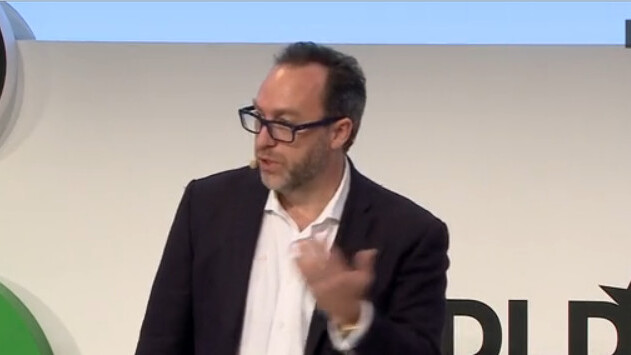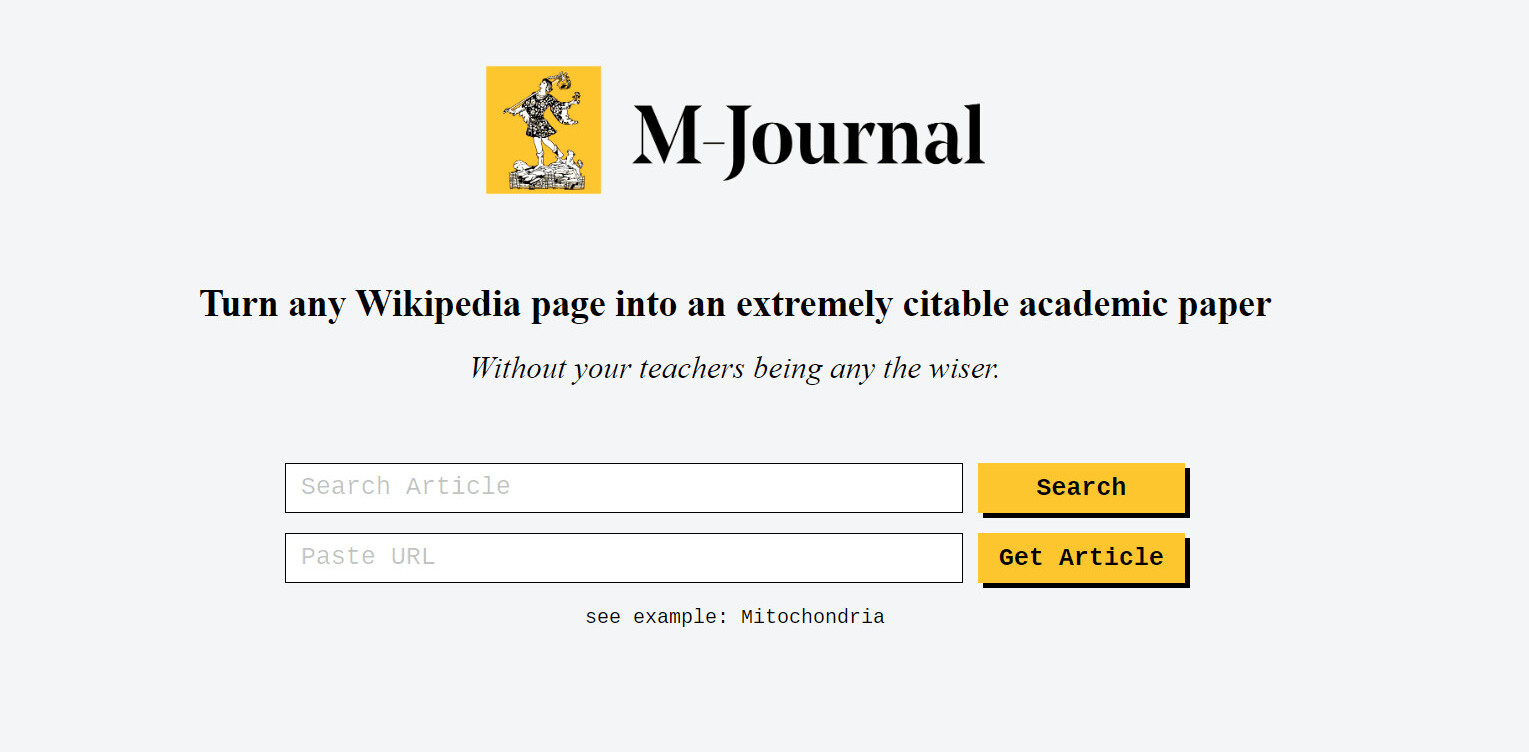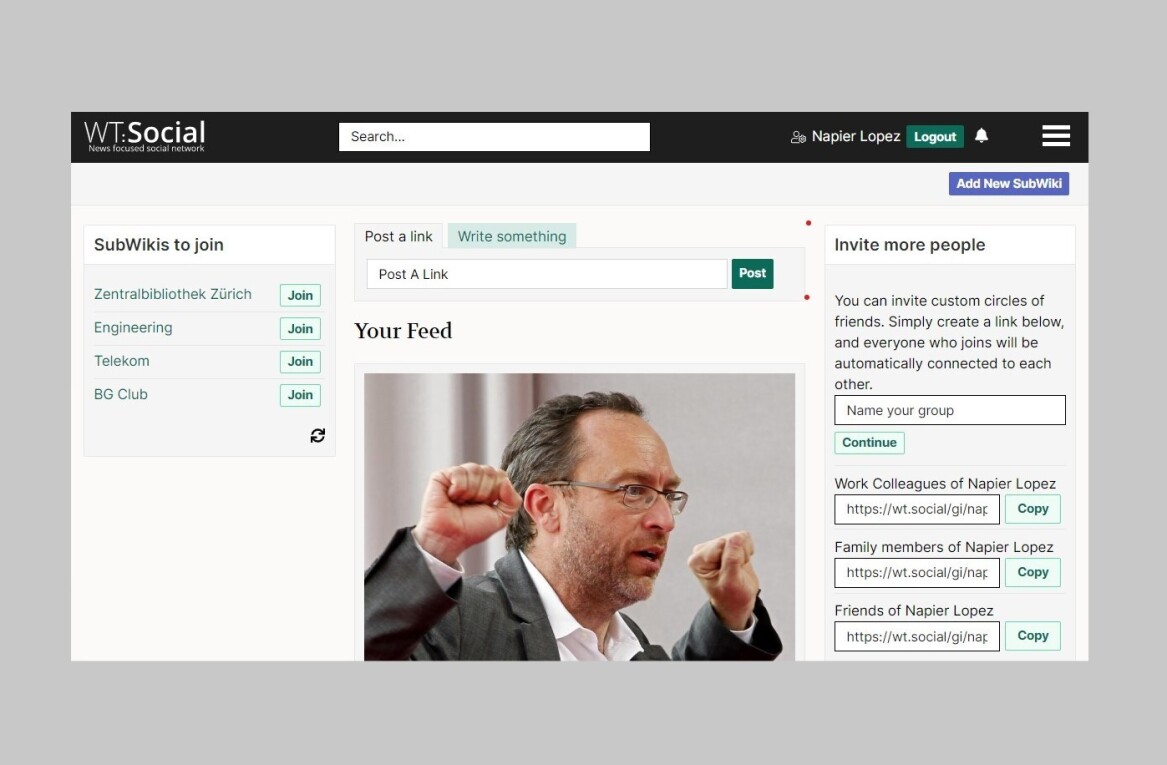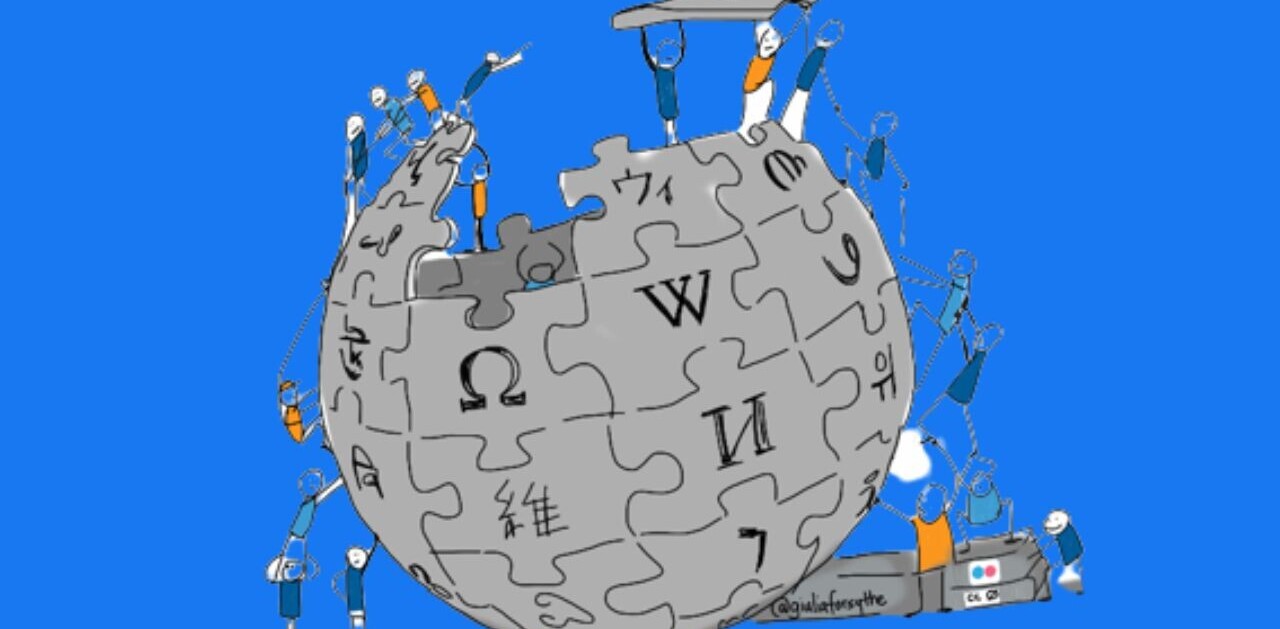
Way back in November 2012, we reported on an interesting new initiative called The People’s Operator (TPO), a new “ethical” mobile network for the UK that promises 25% of profits to charity.
As with most of Britain’s fifty-or-so networks, TPO is a mobile virtual network operator (MVNO), and piggyback’s off EE’s mobile infrastructure. TPO initially launched as a pay-as-you-go (PAYG) network, but then went on to offer SIM-only contracts too, covering data, text and call bundles.
Now, an interesting development has come to fruition at the DLD14 conference in Munich, Germany, where Wikipedia co-founder Jimmy Wales has announced he’s joining the board of the company and will be taking up the Co-Chair position alongside founder Andrew Rosenfeld.
We managed to grab a chat with Wales ahead of the announcement, to see exactly how this came about and what his new role will entail.
Sense of community
Wales is, of course, better-known as the main man behind the Wikimedia Foundation‘s myriad of Wiki-based projects – the most well-known one being Wikipedia. So how, exactly, does this ethos tie-in with what he’ll be doing with TPO? Well, it’s all about building a sense of community.
“The one thing I know is how to build large, online communities based around people coming together for a common purpose,” says Wales. “Where people can come together en-masse and do things they believe in.”
From TPO’s perspective, the company has been positioning itself from the get-go as a cause-focused company, even though it isn’t a not-for-profit.
“It’s called The People’s Operator because that’s what it’s built to do – it’s built to help people,” explained TPO’s Tom Gutteridge when it launched. “It’s built to support causes and to generate support direct to local communities. It matters because we can offer a great deal to our users – a great mobile deal – and it matters to the causes because we’re going to share a percentage of our profits with them.”
Indeed, from Wales’ perspective, he will be involved in the strategy and implementation of building a community around the TPO brand, which will include things like developing software for online initiatives, but will also entail “communities of interested parties”, which basically means working with those who stand to directly benefit from the donations. Good causes, in other words.
However, Wales also revealed an interesting facet of his role will involve helping the company shed its UK-only credentials and launch into the US, Europe and beyond. While no timeline was given for this, Wales did reveal a “dream” would be to enter the US within the next twelve months, but he wasn’t committed to any date.
Why TPO?
With 532 million unique visitors a month across almost 300 languages, Wikipedia is among the Web’s most trafficked properties, so it perhaps goes without saying that Jimmy Wales is asked to participate in many different projects. So how did TPO grab his attention?
“I do get invited to do a lot to things, and they can generally be divided into two categories – one that has very noble goals, but no business model,” explains Wales. “Sometimes I get invited onto commercial projects too, to join a startup’s board, for example. But with this one (TPO), it’s both. It has a viable business model, it makes sense, the numbers make sense, and it has the potential to be world-changing for causes.”
So what does this mean for Wikipedia and the Wikimedia Foundation – will it have an impact on his work there? “My life is very flexible and I do whatever I like – I still edit Wikipedia every day, and I’m still active in other things,” says Wales. “But I may have to do less of some things – I’ll find the time though.”
Though TPO gives a quarter of its profits to good causes, it also promises 10% of each customer’s bill (TPO’s revenue) will be passed directly to a cause chosen by the individual. The online-only company will increasingly rely on word-of-mouth though, as it saves on expensive marketing campaigns and other “central corporate costs”.
TPO launched under a hail of PR buzz 14 months ago, but very little has been heard of it since. Certainly, I don’t know of anyone who’s actively using the network yet, and when pushed on the subject, no user numbers were revealed. But it seems the initial launch was primarily about getting the message out that they were live and operational – since then, things have been A/B tested and iterated, and we can expect to start hearing more from the company in the coming months. Certainly, Wales is optimistic about the potential, with the growing ubiquity of mobile phones around the world central to his ambitions.
“With more than four billion mobile phone subscribers forecast for 2016 worldwide, TPO has huge potential for viral growth and the more it grows, the more money will pass to the people and communities that need it,” says Wales.
“Only a small percentage in global take-up will make a massive difference to people’s lives,” he continues. “Just as Wikipedia grew virally as communities wanted to work together to liberate knowledge, so I believe TPO will grow in a similar way as communities work together to support good causes across the globe.”
Get the TNW newsletter
Get the most important tech news in your inbox each week.




